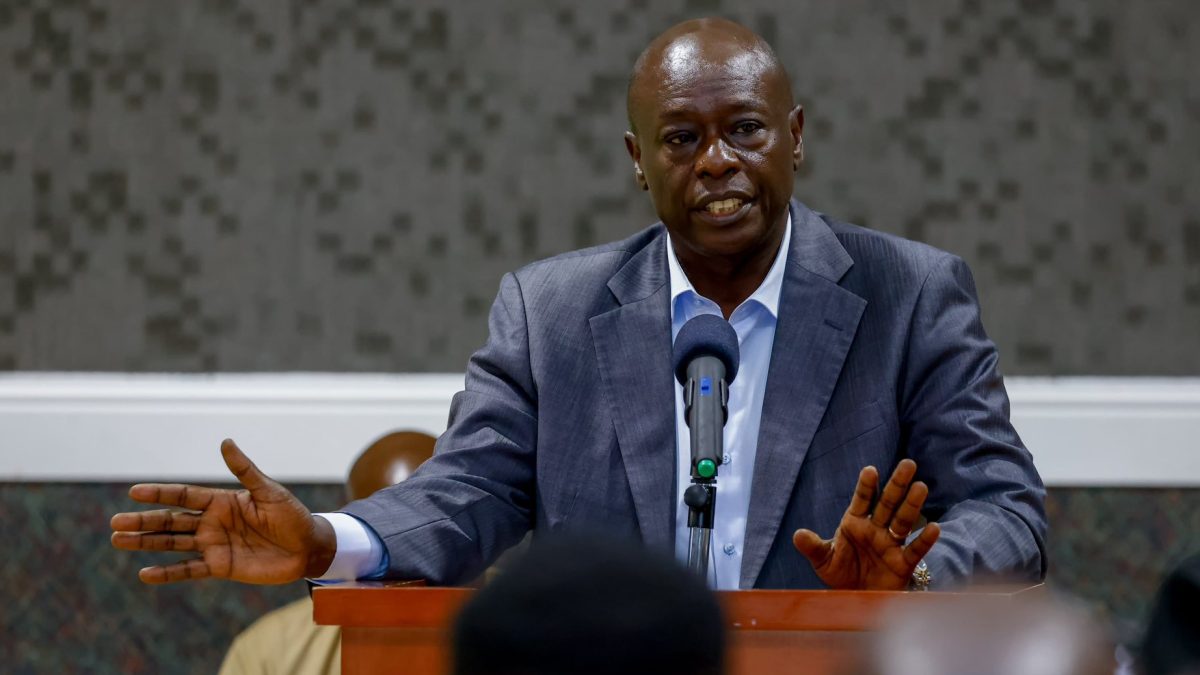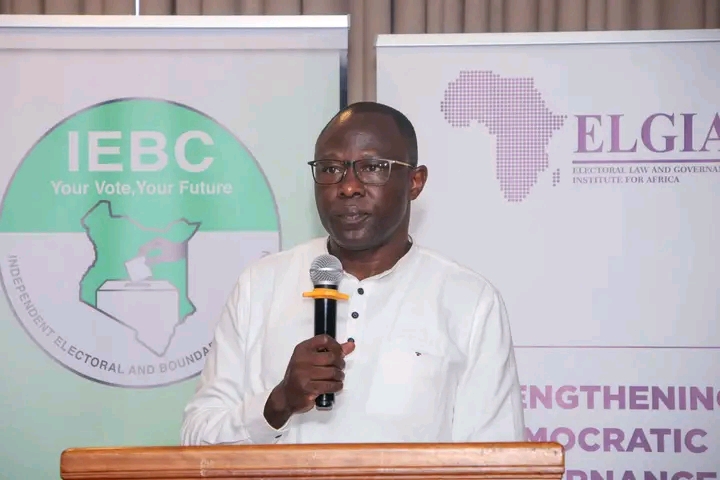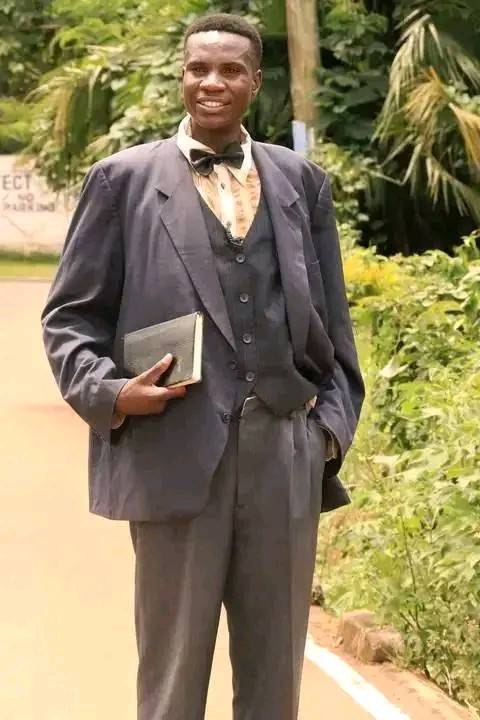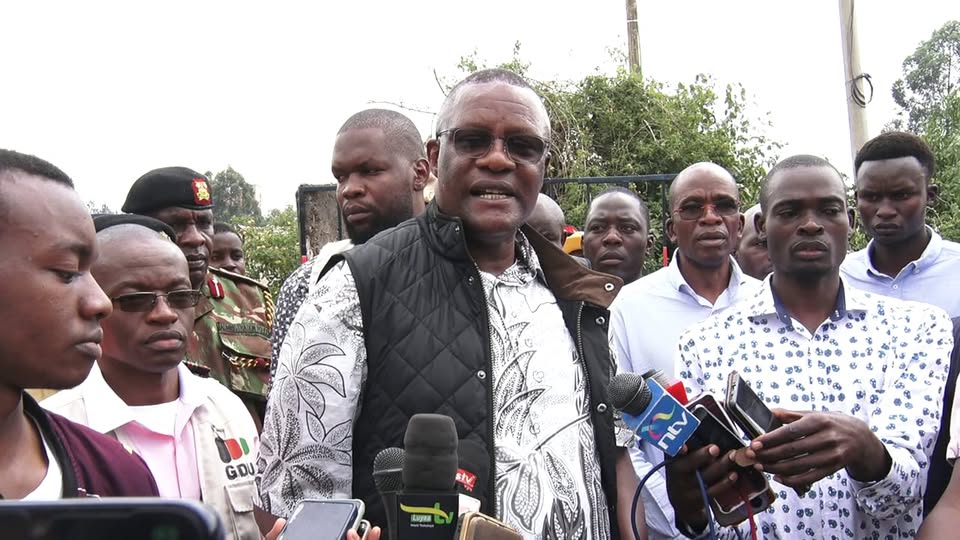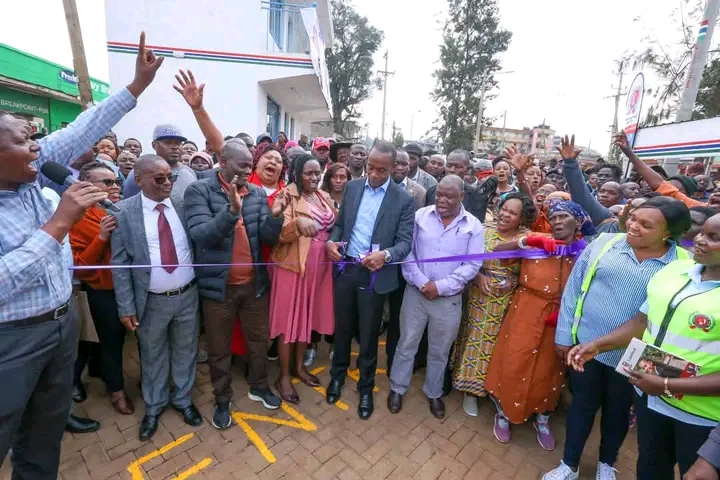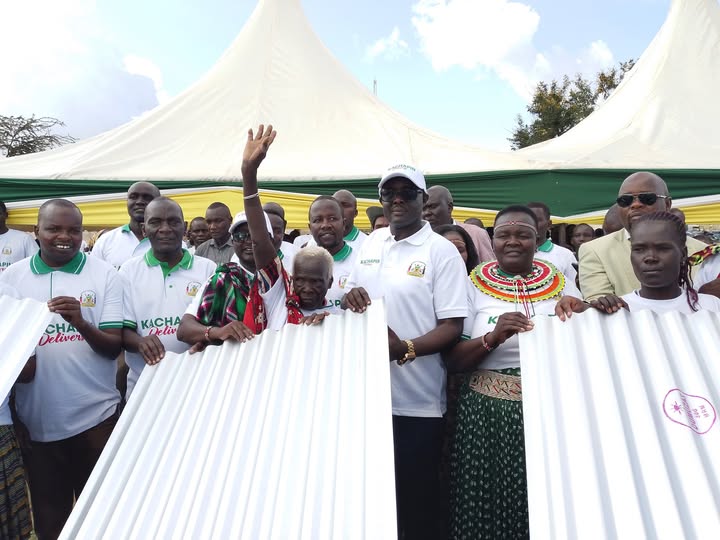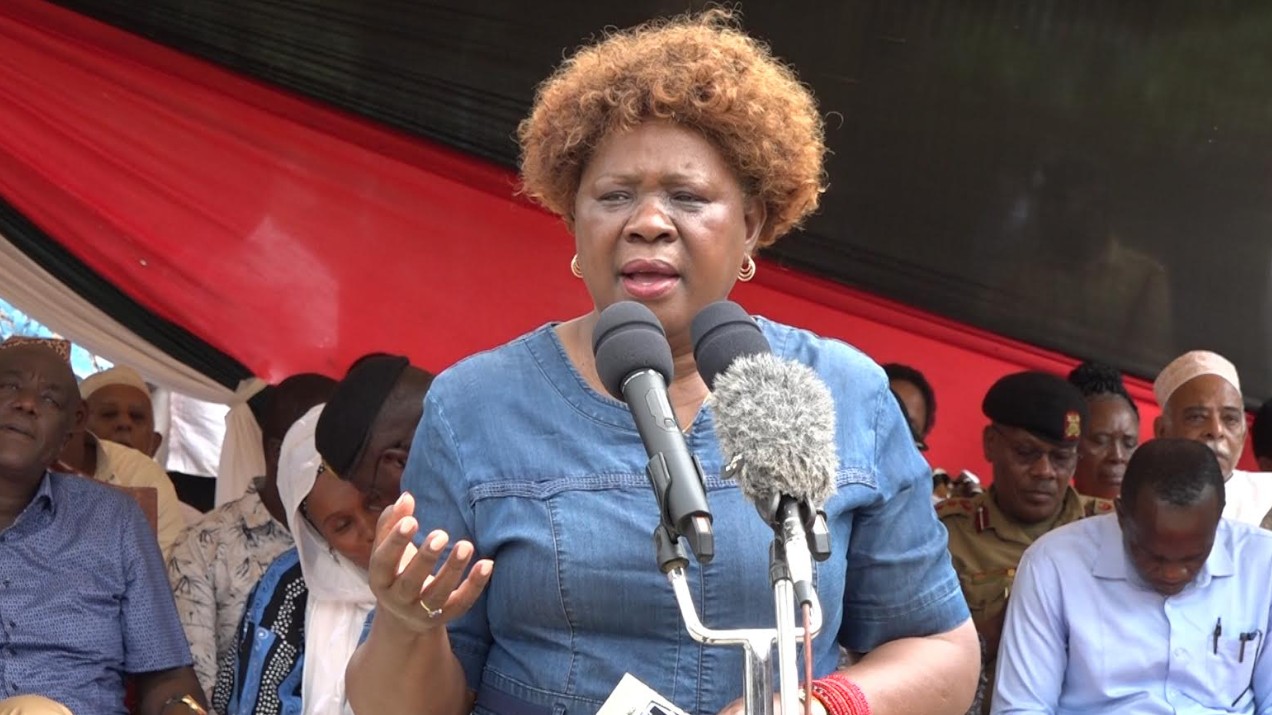Gachagua Condemns Kindiki’s Economic Empowerment Drive as Costly Publicity Stunt
Rigathi Gachagua has strongly criticized Deputy President Kithure Kindiki’s economic empowerment programmes in Mt Kenya, calling them wasteful and superficial. He accused the government of using public resources for political showmanship. Kindiki, however, defended the initiatives as genuine efforts to support citizens beyond election periods.
Live interview from Boston USALive interview from Boston USA
Posted by H.E. Rigathi Gachagua, EGH on Friday, July 18, 2025
Democracy for Citizens Party (DCP) leader Rigathi Gachagua has launched a fierce critique against Deputy President Kithure Kindikis economic empowerment campaigns, particularly those targeting the Mt Kenya region. Speaking during an interview in Boston on July 19, 2025, Gachagua described the ongoing programmes as shallow, cosmetic initiatives disguised as development. He called them a "shameful waste of public resources" and claimed they offer little to no practical value to the lives of ordinary Kenyans.
According to Gachagua, the empowerment forums are nothing more than flashy public relations spectacles. He accused the government of spending exorbitantly on hosting such events, which often feature grand processions, expensive logistics, and a parade of helicopters. Despite the outward appearance of progress, he said these efforts lack the substance and planning necessary to create real economic change for residents of Mt Kenya. Gachagua insisted that the resources used for these events could be better invested in long-term, impactful community programmes.
He further criticized the nature of items presented at these events, stating that in the past, people were handed rice and beans as tokens of empowerment. Although that has now been replaced with seemingly more tangible items, Gachagua argued that the problem remains. He noted that these are symbolic gestures rather than structured programmes aimed at sustainable development. He likened the events to political theatre, meant to appease rather than uplift.
Gachagua also pointed out what he views as glaring inequalities in the distribution of national resources and opportunities. He used the Rift Valley as an example of a region that is receiving focused attention and real support from the government. According to him, while Mt Kenya is given food handouts, youth from the Rift Valley are being recruited into the military and police services and are also benefiting from foreign job placements. This, he argued, shows a clear case of favoritism and biased development.
The DCP leader also alleged that, instead of empowering the youth in Mt Kenya with meaningful job opportunities, the government is recruiting and deploying politically-motivated groups. These groups, he claimed, are being used to silence dissent, intimidate local communities, and create division among the people. He expressed concern that what should be a moment for national unity and economic inclusion has instead become a platform for political manipulation and control.
In response to the criticisms, Deputy President Kithure Kindiki has come out strongly to defend the government’s economic empowerment programmes. Speaking earlier on July 3, 2025, during the Taveta Constituency Economic Empowerment Programme held at Satoo Grounds in Taita Taveta County, Kindiki emphasized that the initiatives are part of a sincere effort to support Kenyans between election cycles. He stated that true leadership is demonstrated by standing with citizens at all times—not just during campaign seasons.
Kindiki criticized opposition leaders who, he claimed, only show concern for common citizens when seeking votes. He said some politicians reduce the dignity of wananchi by offering low-value gifts like aprons and reflector jackets, which are only meant to solicit support during elections. He insisted that the Kenya Kwanza administration is not operating in campaign mode but is instead focused on meaningful development and empowerment.
The Deputy President assured citizens that the forums are not political in nature, but rather structured efforts to engage with communities directly, assess their needs, and support grassroots entrepreneurs. He reiterated that the government is committed to long-term economic transformation and improving access to essential services. Kindiki emphasized that politics has its time, but development should be continuous and people-centered.
Ultimately, the clash between Gachagua and Kindiki underscores growing internal disagreements within the ruling coalition regarding the use of public funds and the best approach to community development. While Gachagua sees waste and theatrics, Kindiki maintains the government is delivering real value. The debate reflects broader questions about leadership priorities, transparency, and inclusivity in national development strategies.


